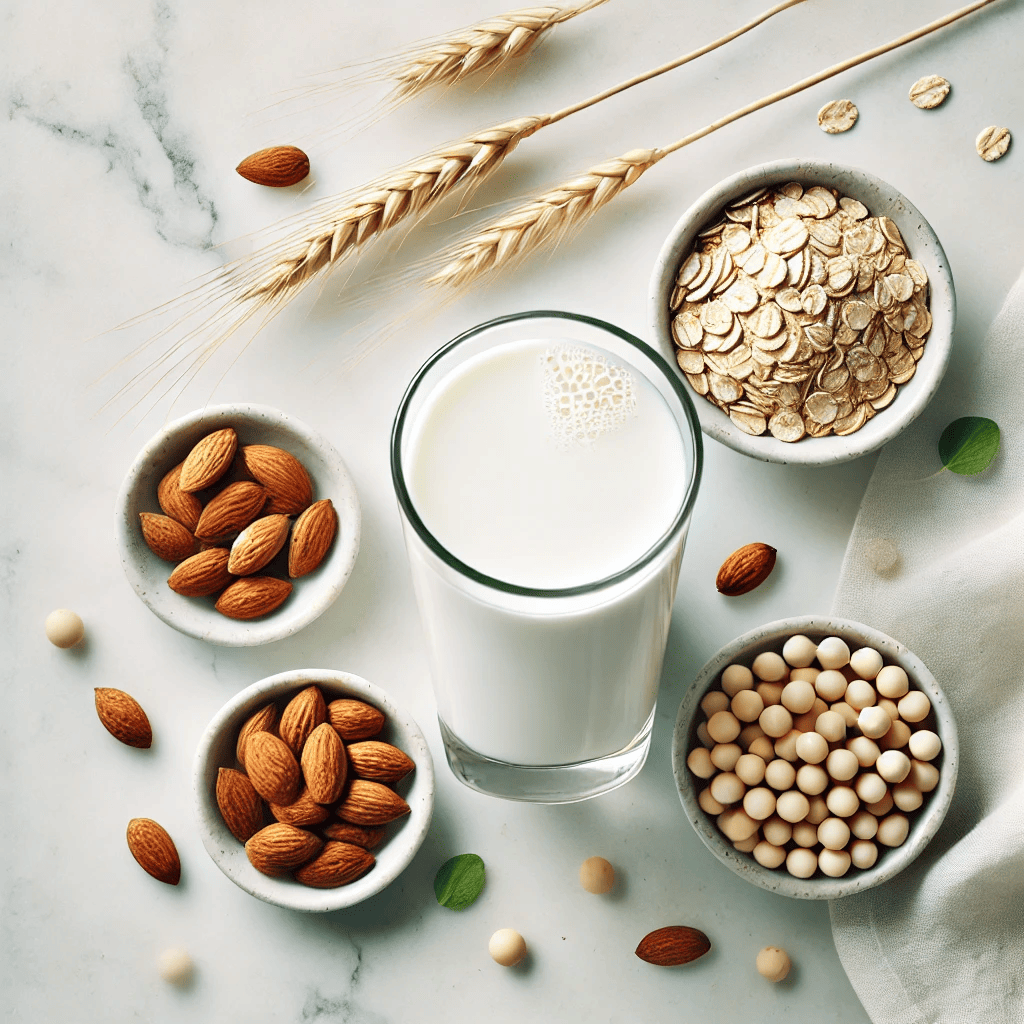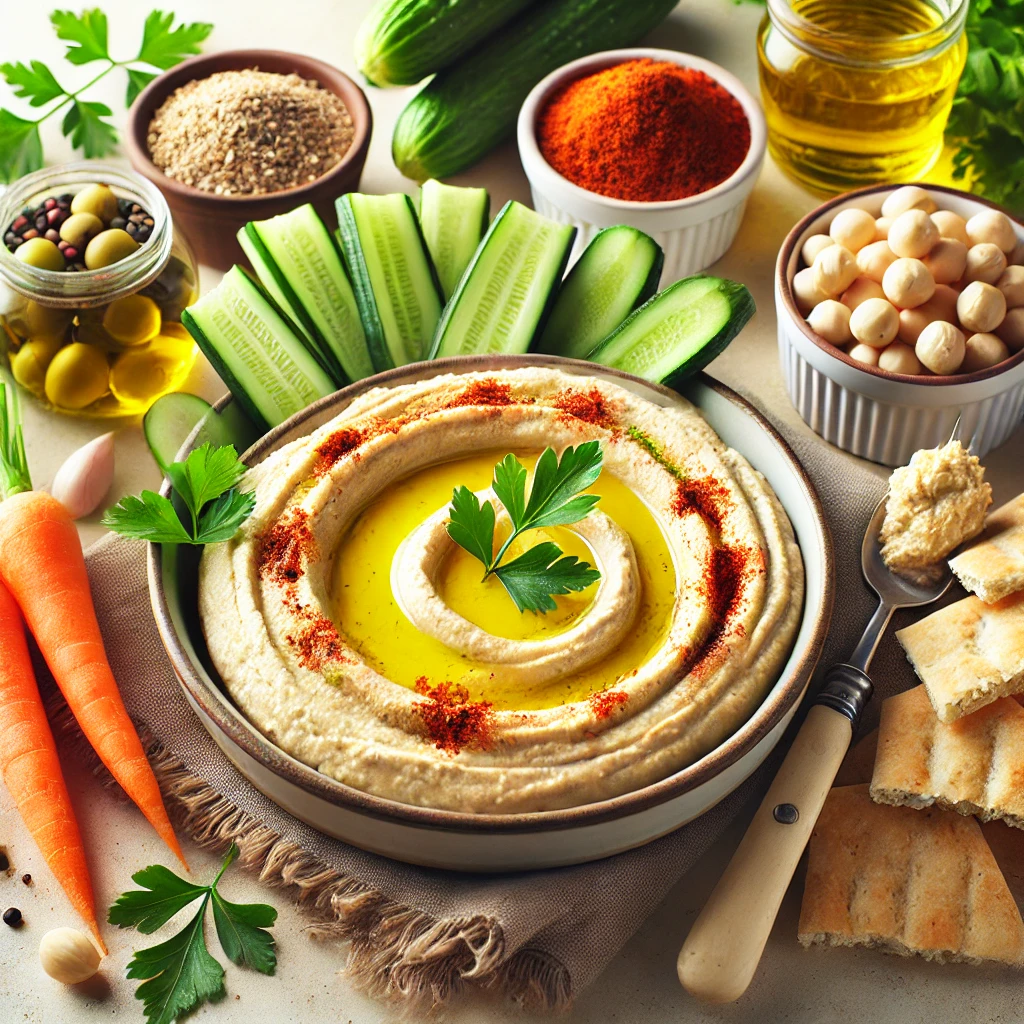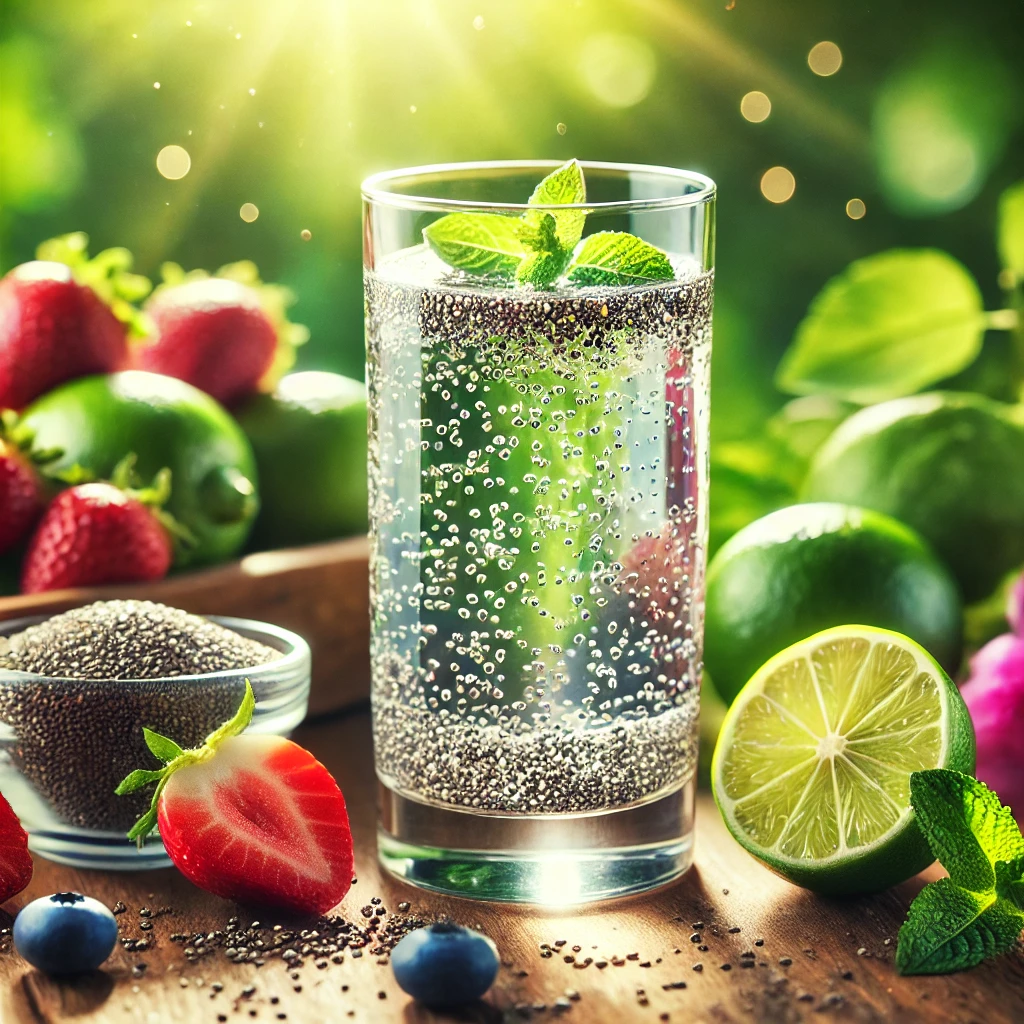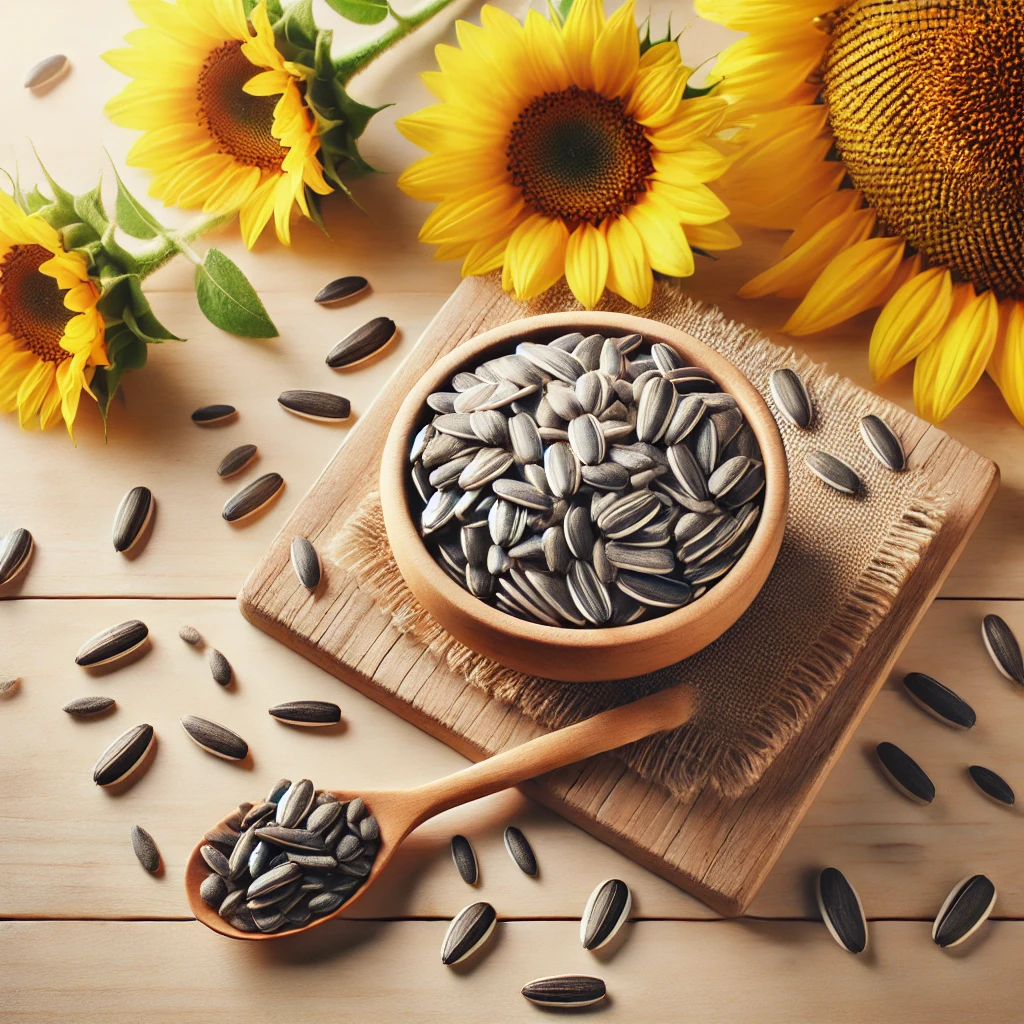Is Silk Milk Good for You? An In-Depth Guide on Benefits, Side Effects, and Nutritional Value
Silk Milk, widely recognized for its range of plant-based, dairy-free milk, has gained popularity for offering nutritious alternatives to traditional cow’s milk. Made from ingredients like almonds, soy, oats, and coconut, Silk Milk varieties cater to those who are lactose intolerant, vegan, or simply looking to incorporate healthier choices. But what exactly are the benefits and potential drawbacks of Silk Milk? In this guide, we’ll explore the nutritional content, health benefits, types of Silk Milk, side effects, and the best ways to use it.
1. What Is Silk Milk Made Of?
Silk Milk is available in multiple plant-based varieties, each offering unique health benefits. Here’s a quick look at what each type brings to the table:
Silk Soy Milk
- Ingredients: Water, soy protein isolate, fortifications of calcium, vitamin D, and B12.
- Unique Insight: Contains a significant amount of protein (around 7 grams per serving), making it similar to cow’s milk.
Silk Almond Milk
- Ingredients: Almonds, water, added vitamins (D, E, calcium).
- Health Benefits: Rich in vitamin E and antioxidants, supports skin health and immune function.
Silk Oat Milk
- Ingredients: Oats, water, calcium fortification.
- Unique Insight: Oat milk is high in fiber, especially beta-glucan, which can benefit heart health by lowering cholesterol.
Silk Coconut Milk
- Ingredients: Coconut milk base, water, vitamin fortification.
- Benefit: Contains healthy fats, provides creaminess, and is lower in calories compared to traditional dairy.
2. Nutritional Benefits of Silk Milk
a. High in Essential Vitamins and Minerals
- Calcium: Fortified with calcium to match or exceed that of dairy milk, supporting bone health.
- Vitamin D: Crucial for calcium absorption, Silk Milk varieties are fortified with vitamin D to maintain bone and immune health.
- Vitamin B12: Essential for red blood cell production and nerve function, especially important for those on a vegan diet.
b. Heart-Healthy Ingredients
- Low in Saturated Fat: With minimal saturated fat, Silk Milk promotes better heart health.
- Oat Milk Advantage: The beta-glucan fiber in Silk Oat Milk actively supports cholesterol management.
3. Health Benefits of Each Silk Milk Variety
a. Silk Soy Milk – High-Protein Choice
- Protein Content: Offers a robust 7 grams of protein per serving, which supports muscle maintenance and satiety.
- Bone Health: Fortified with calcium and vitamin D, providing a plant-based option for bone health.
- Unique Insight: As one of the only plant milks with comparable protein to dairy, it’s ideal for vegans or those reducing animal products.
b. Silk Almond Milk – Low-Calorie, Vitamin E Rich
- Calorie Count: With only 30-60 calories in unsweetened options, it’s a go-to for low-calorie diets.
- Vitamin E Content: Rich in antioxidants that support skin health, immunity, and fight inflammation.
c. Silk Oat Milk – Fiber-Packed and Heart-Healthy
- Beta-Glucan: Contains a soluble fiber that supports heart health by reducing LDL cholesterol.
- Unique Insight: With its creamier texture, oat milk works well in coffee or cooking and provides a balanced nutrient profile.
d. Silk Coconut Milk – Creamy with Healthy Fats
- Calorie and Fat Content: Contains medium-chain triglycerides (MCTs), which may offer quick energy.
- Digestive Support: Coconut milk can be easier on the stomach for some individuals.
4. Comparing Silk Milk to Dairy Milk
| Nutrient | Dairy Milk | Silk Almond Milk | Silk Soy Milk | Silk Oat Milk |
|---|---|---|---|---|
| Protein | 8g | 1g | 7g | 3g |
| Calories | 150 | 30-60 (unsweetened) | 80-100 | 120-140 |
| Calcium | ~300mg | ~450mg | ~450mg | ~350mg |
| Fat | ~8g | 2.5g | 4g | 5g |
5. Potential Side Effects of Silk Milk
a. Common Allergies
- Soy and Nut Allergies: Individuals with allergies should avoid soy or almond versions.
- Tip: Opt for oat or coconut milk as safer alternatives.
b. Additives and Stabilizers
- Carrageenan Concerns: Some Silk Milks use carrageenan as a thickener, which may cause digestive issues.
- Unique Insight: Carrageenan-free options are available; check labels if you’re sensitive.
c. Lower Protein in Some Varieties
- Protein Deficiency: Almond and coconut milk have lower protein than soy, which might not be ideal if you rely solely on plant milks for protein.
6. Best Ways to Use Silk Milk in Your Diet
a. Morning Smoothies
- Silk Almond Milk: Great for low-calorie smoothies; pair with greens, berries, and seeds.
- Recipe Example: Blend Silk Almond Milk with spinach, frozen blueberries, chia seeds, and a banana for a nutritious start.
b. Coffee and Lattes
- Silk Oat Milk: Offers a creamy, frothy texture ideal for coffee or tea.
- Tip: For a tropical twist, try Silk Coconut Milk in iced coffee.
c. Baked Goods and Cooking
- Silk Soy and Oat Milk: Work well in pancakes, baked goods, or creamy sauces.
- Example: Use oat milk in oatmeal for a creamy breakfast rich in fiber.
7. Unique Insights: Who Should Use Silk Milk?
- Vegans and Vegetarians: A reliable source of calcium, B12, and vitamin D without animal products.
- Weight Watchers: Almond milk is low in calories and can fit into low-calorie diets.
- Heart-Health Conscious: Silk Oat Milk supports cholesterol management.
- Lactose-Intolerant Individuals: All Silk Milk varieties are lactose-free.
8. Frequently Asked Questions
Is Silk Milk Good for Weight Loss?
- Answer: Yes, especially the unsweetened almond and coconut milk, as they are low in calories.
- Tip: Replace dairy milk with almond milk in cereals and drinks to cut down on calories.
Does Silk Milk Work in Recipes?
- Answer: Absolutely. Use oat or soy milk for a richer taste in soups, sauces, and baked goods.
- Example: Silk Soy Milk can substitute dairy in creamy pasta sauces.
Can Children Drink Silk Milk?
- Answer: Yes, but consult a pediatrician to ensure they’re receiving adequate nutrition, especially if using almond milk due to its lower protein content.
9. Final Verdict: Is Silk Milk Good for You?
Silk Milk offers a variety of plant-based options suited to different dietary needs. It’s ideal for those avoiding lactose, looking to lose weight, or adding more nutrients to their diet. While each type of Silk Milk provides unique benefits, the best choice depends on personal preferences and nutritional needs.




